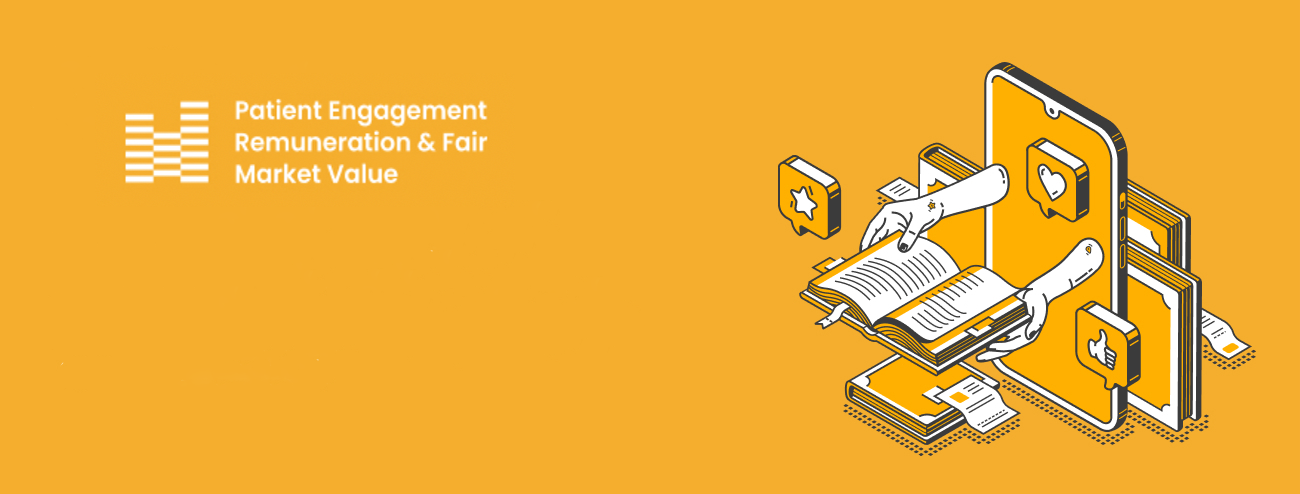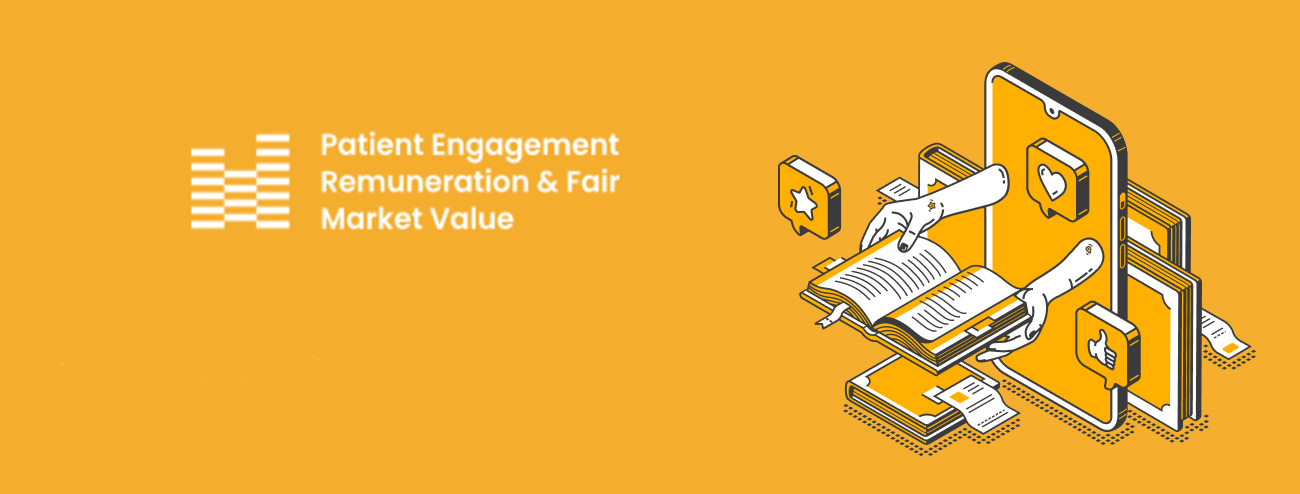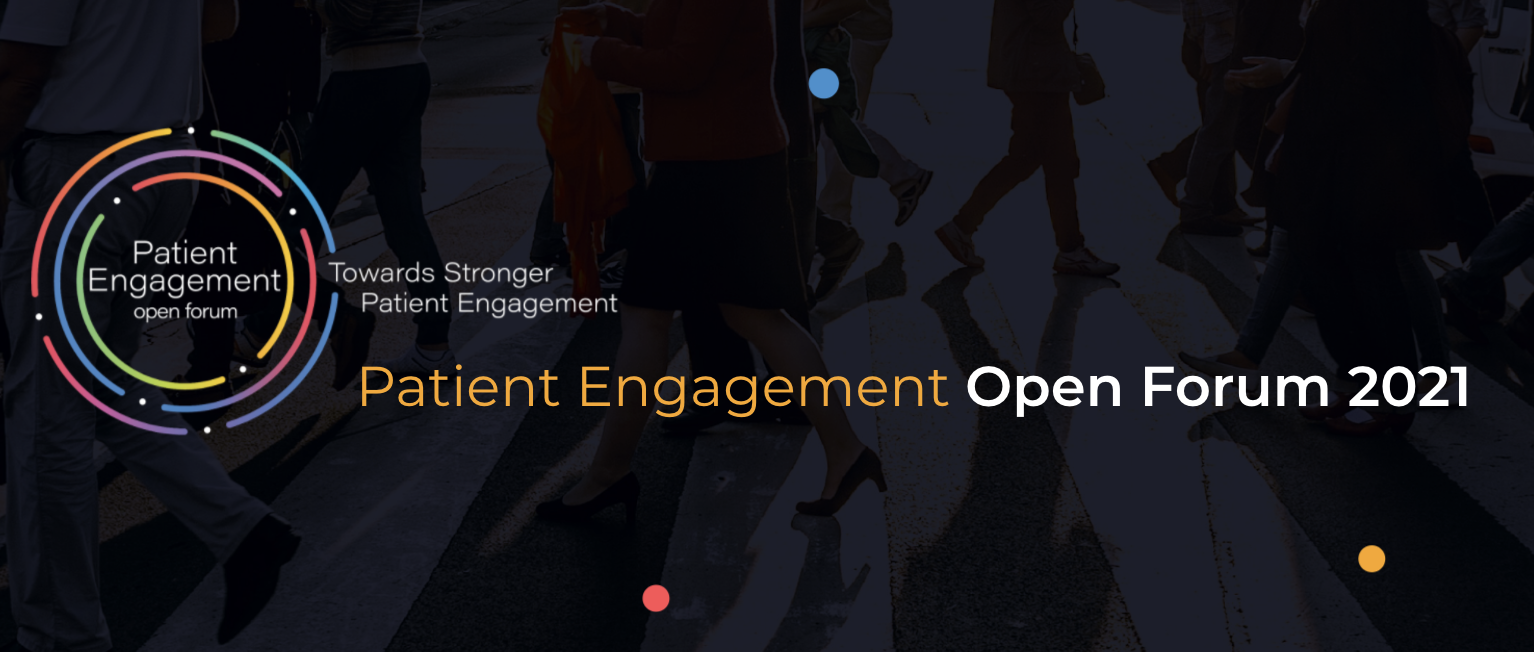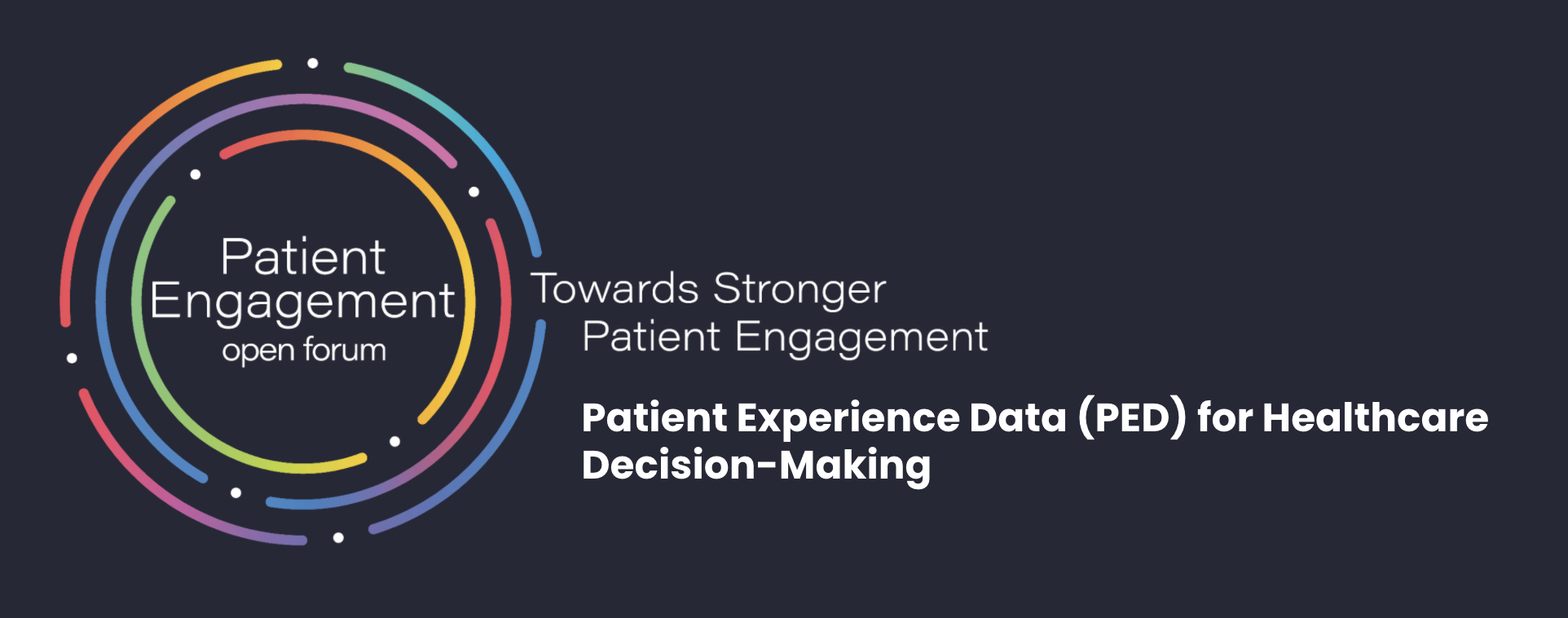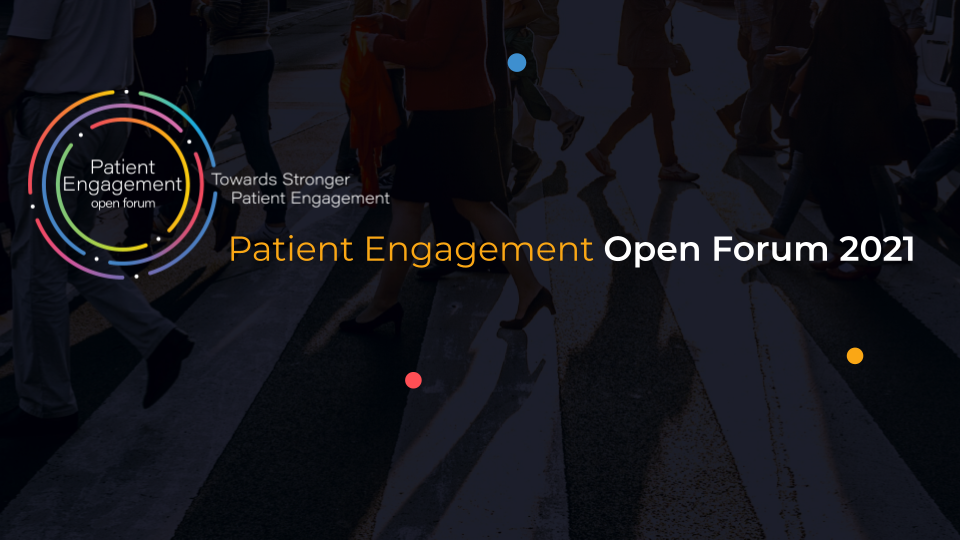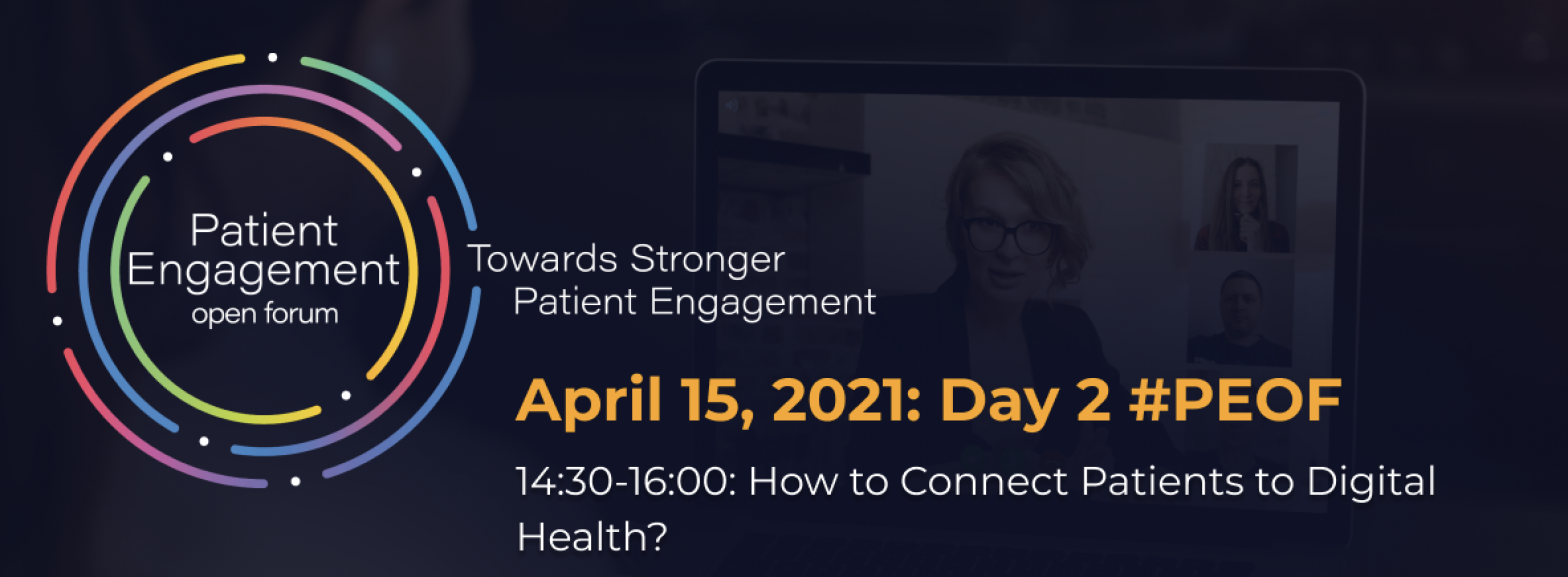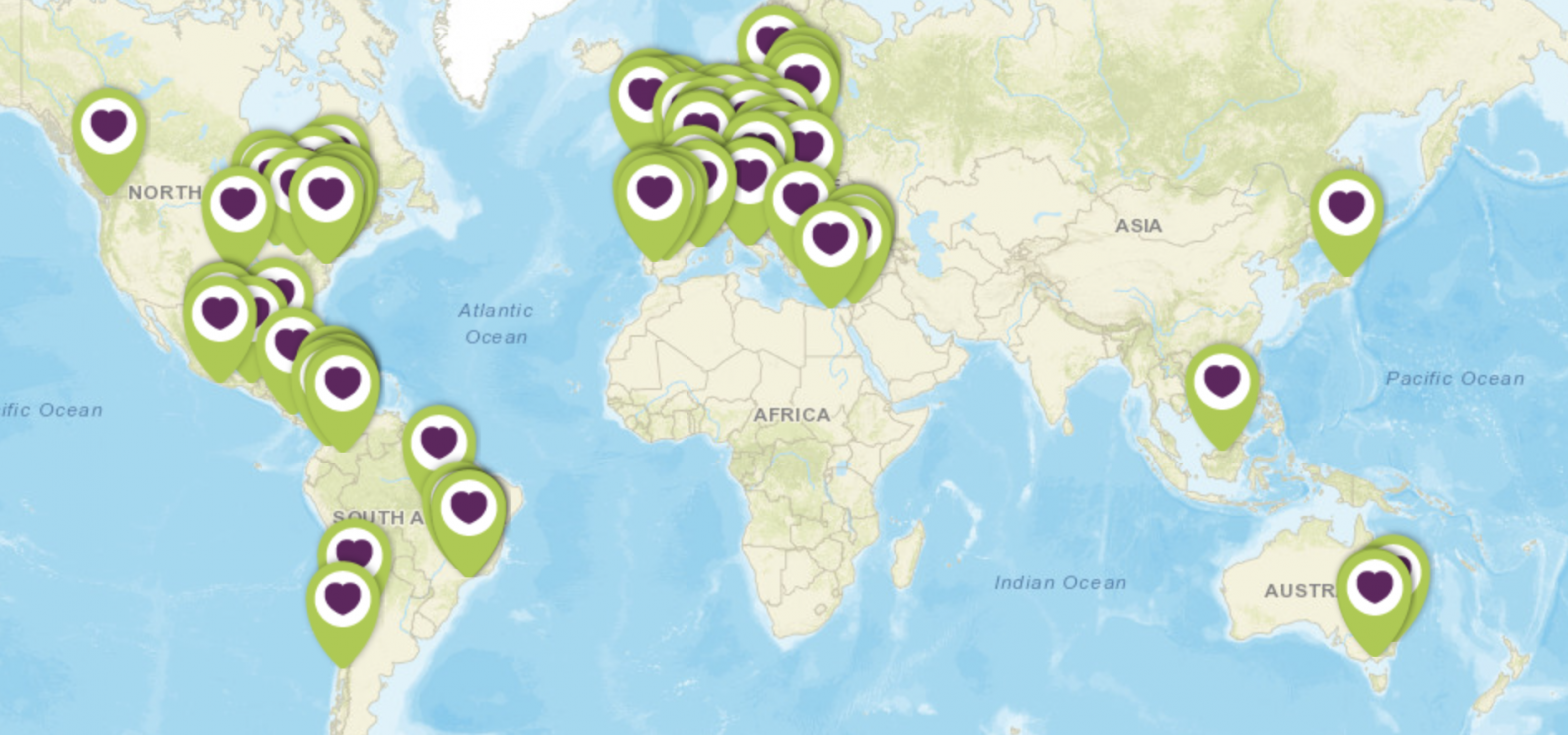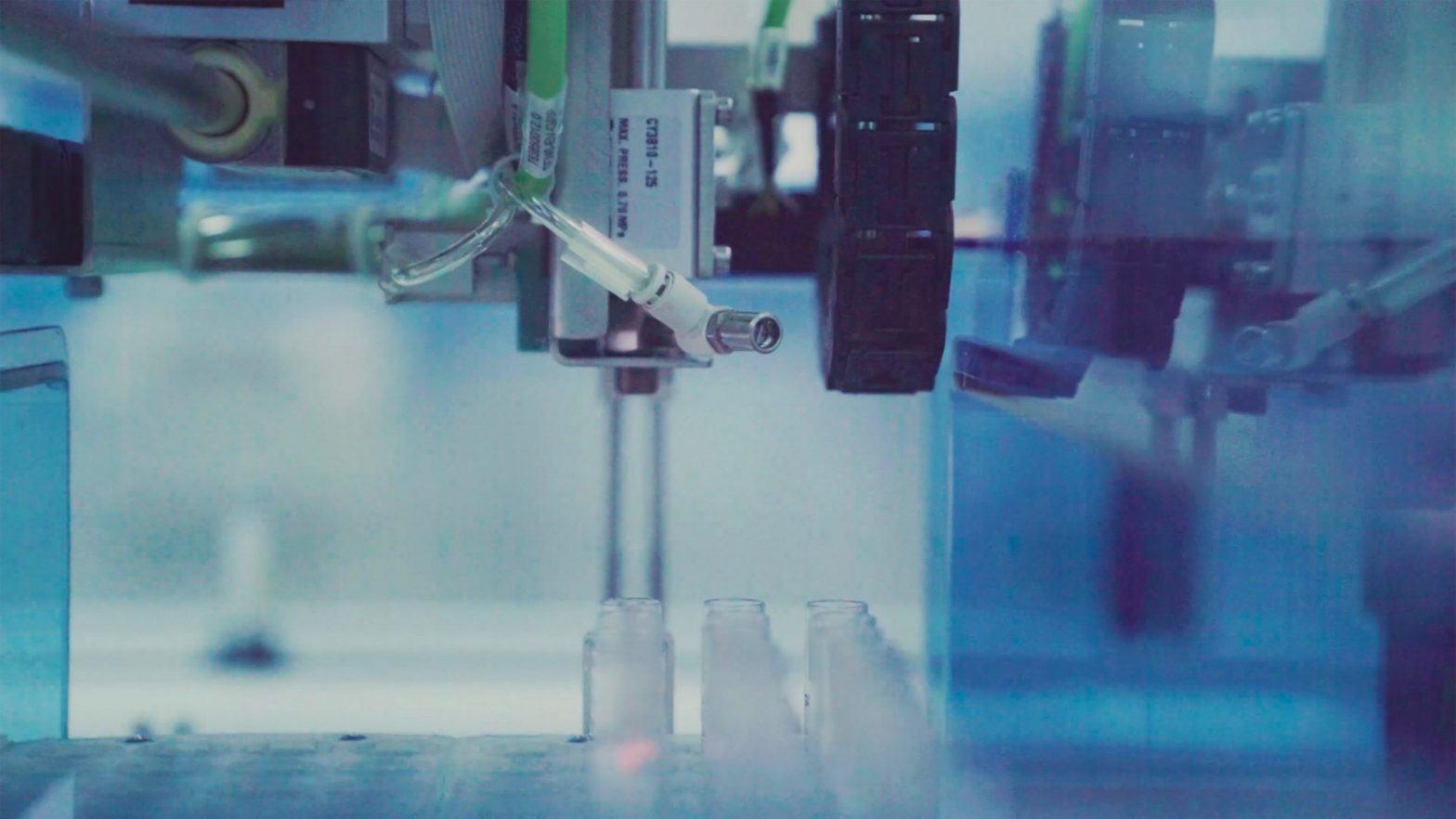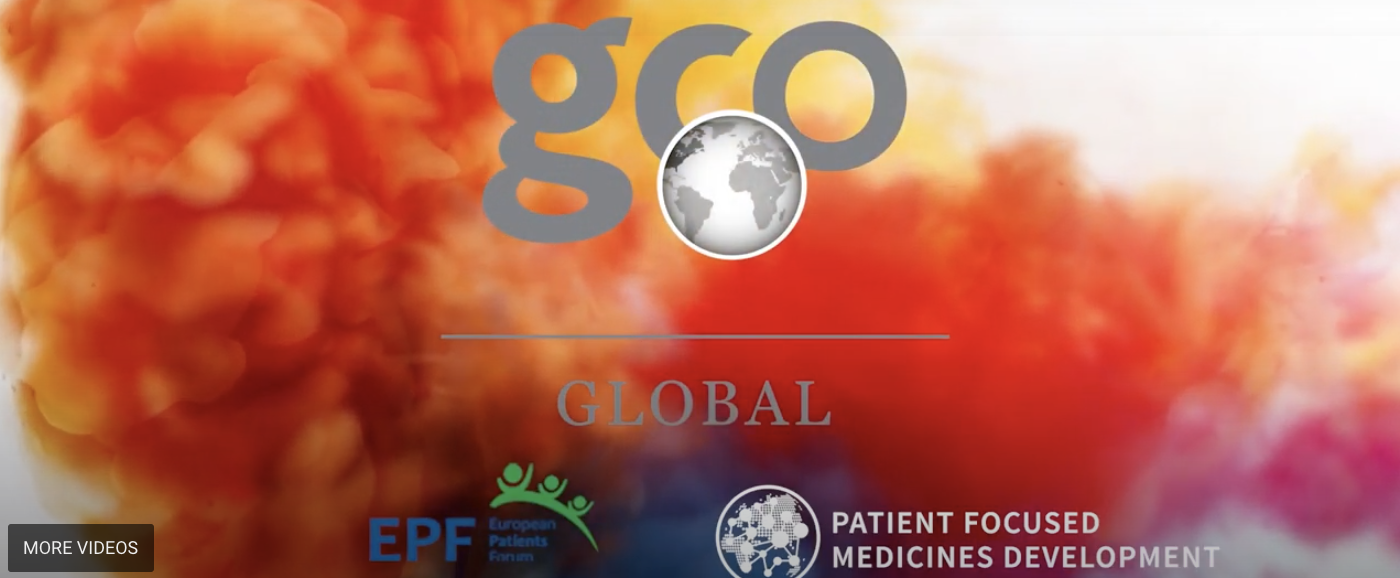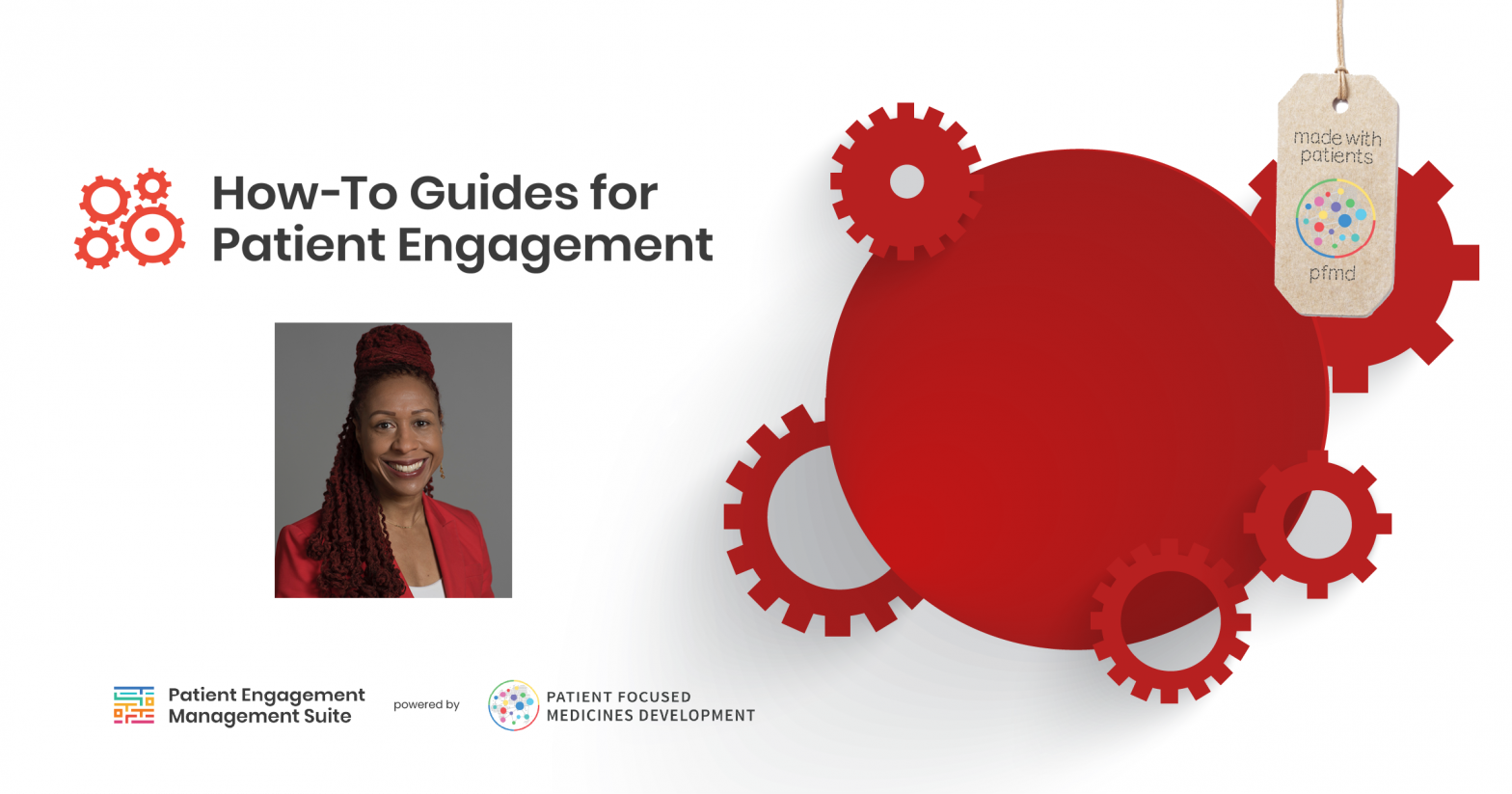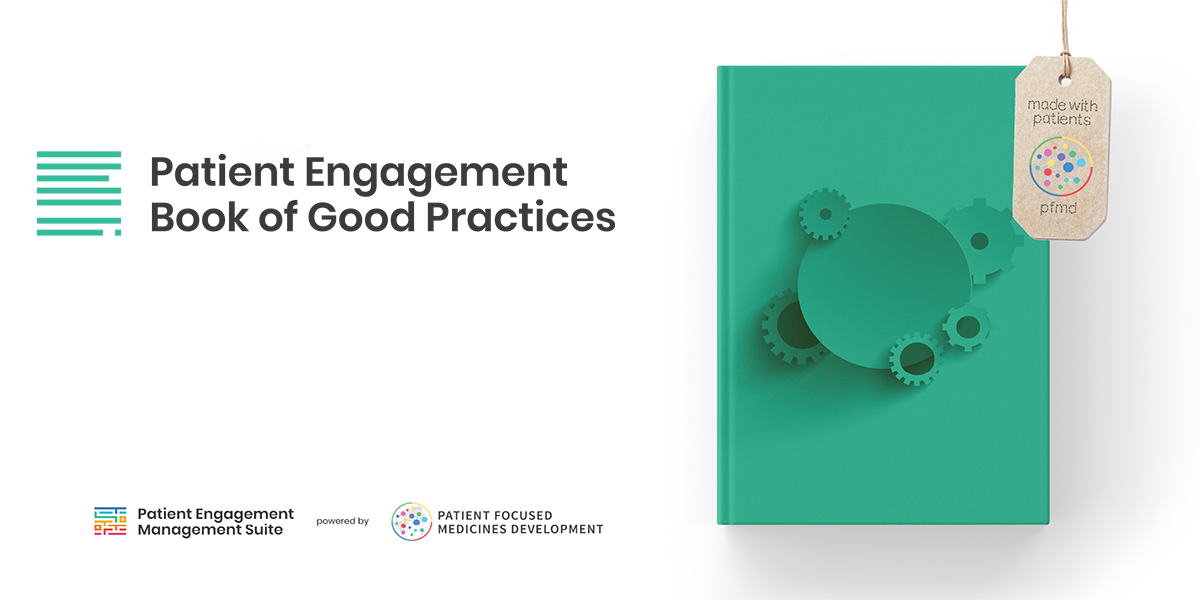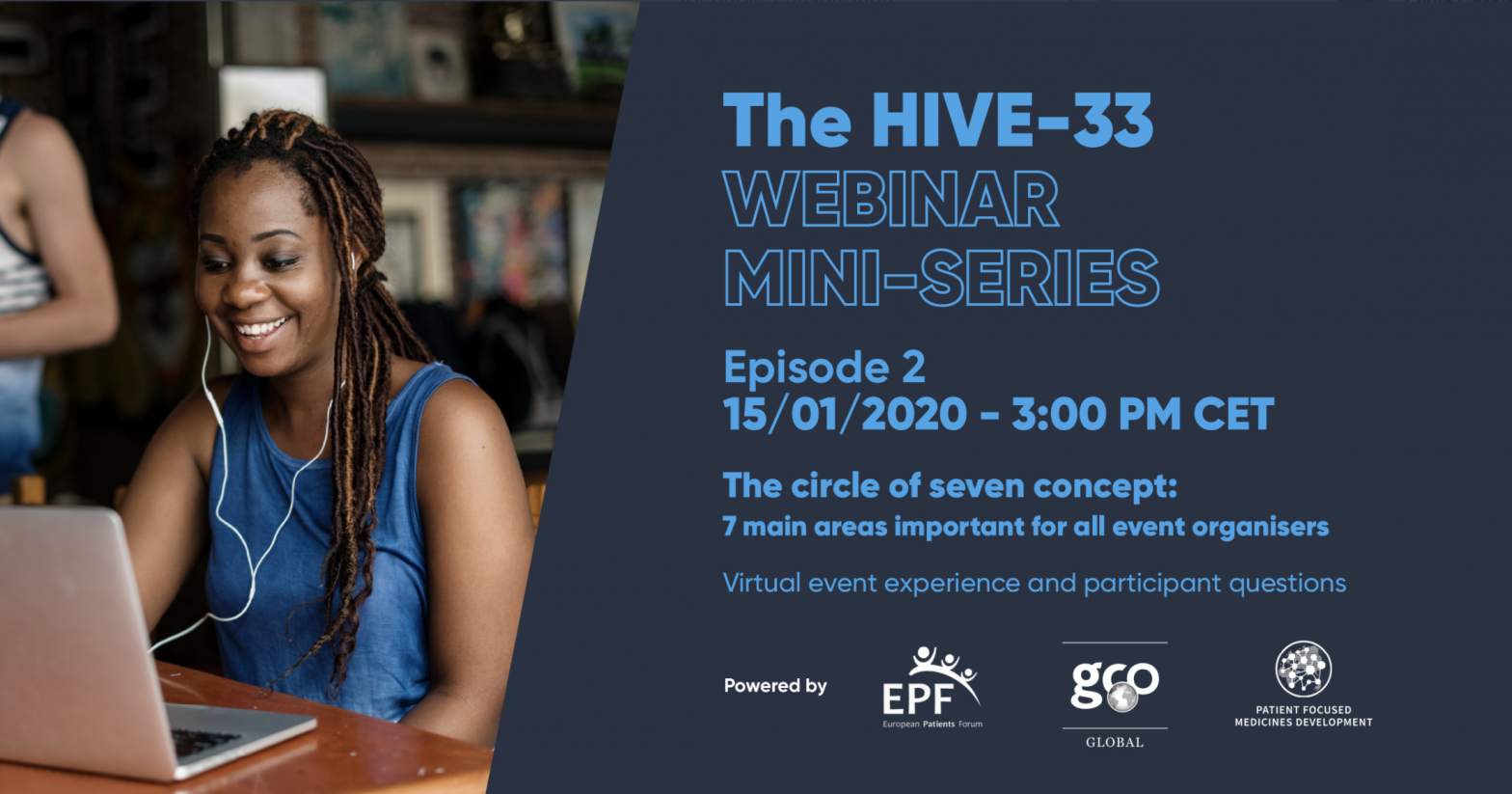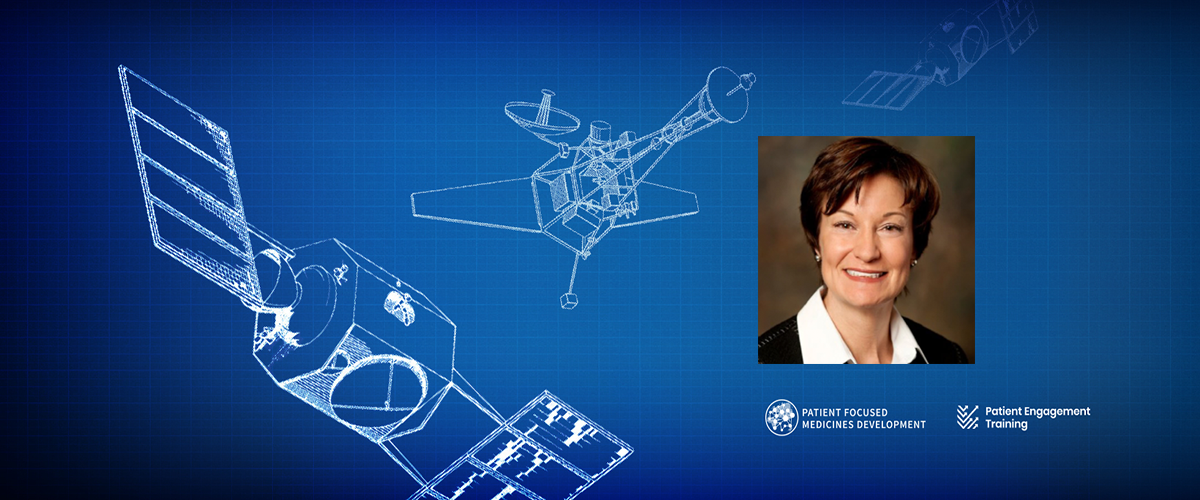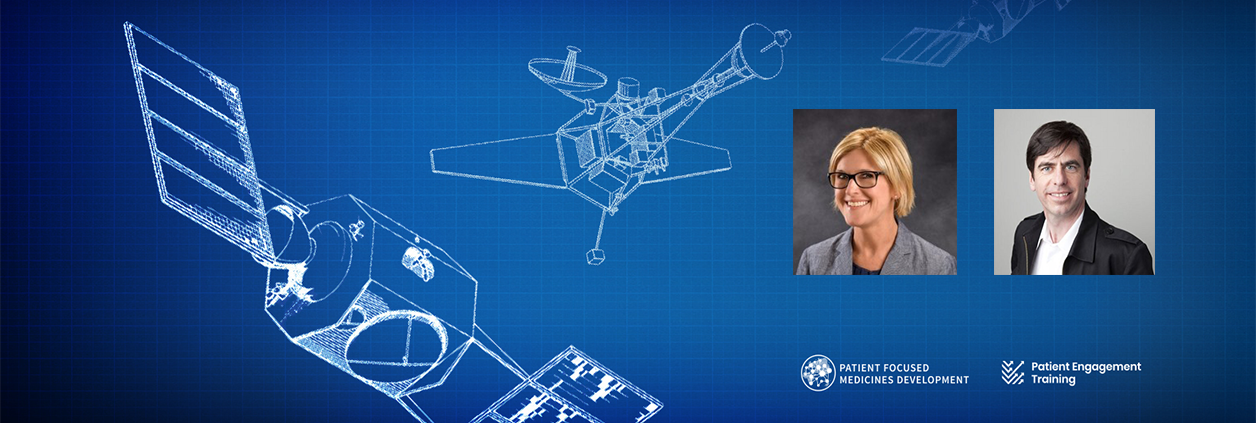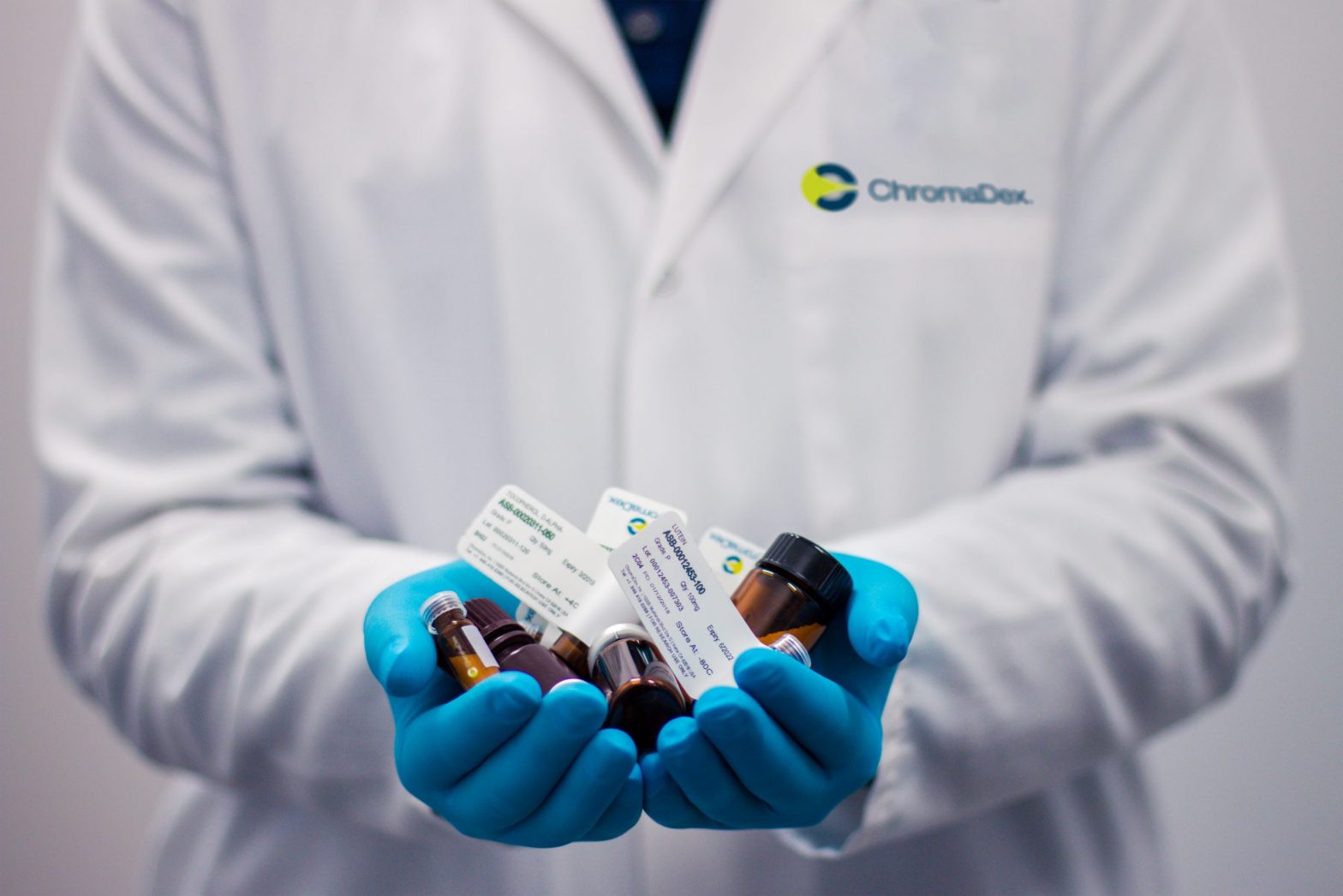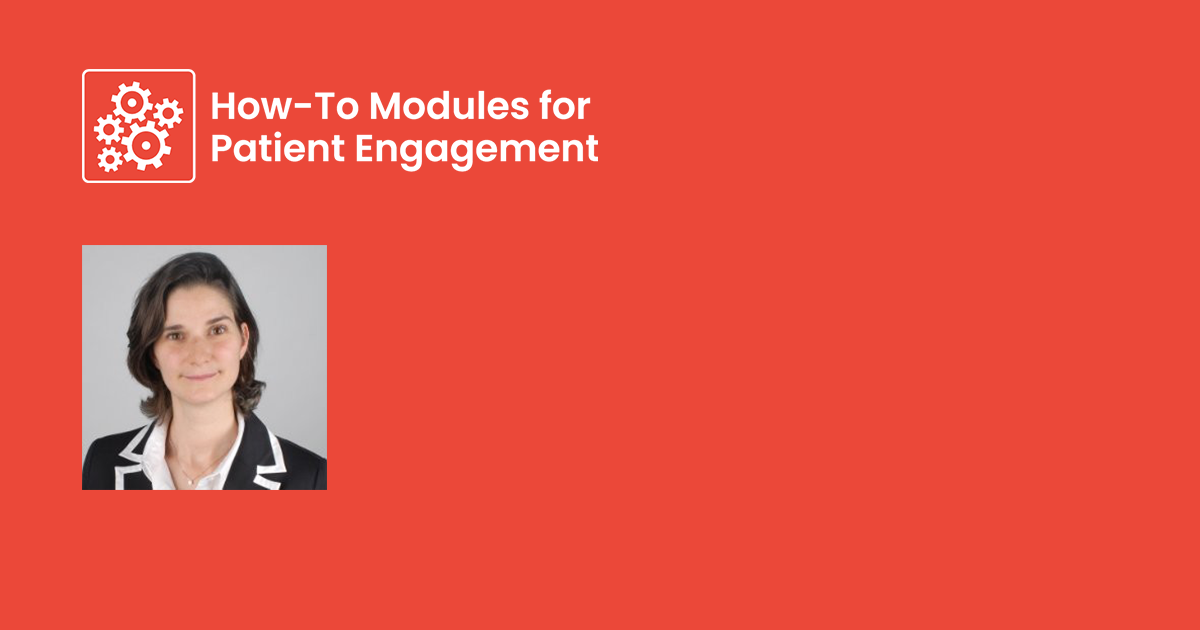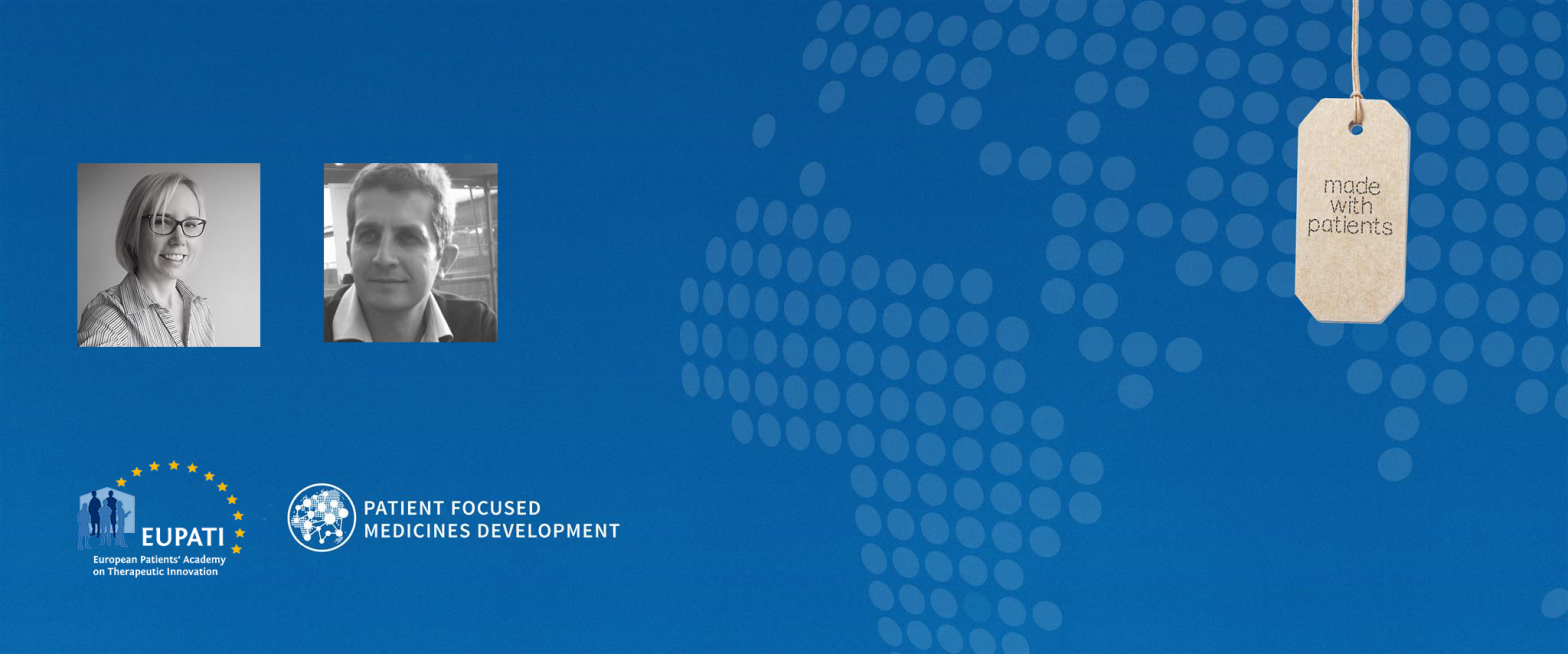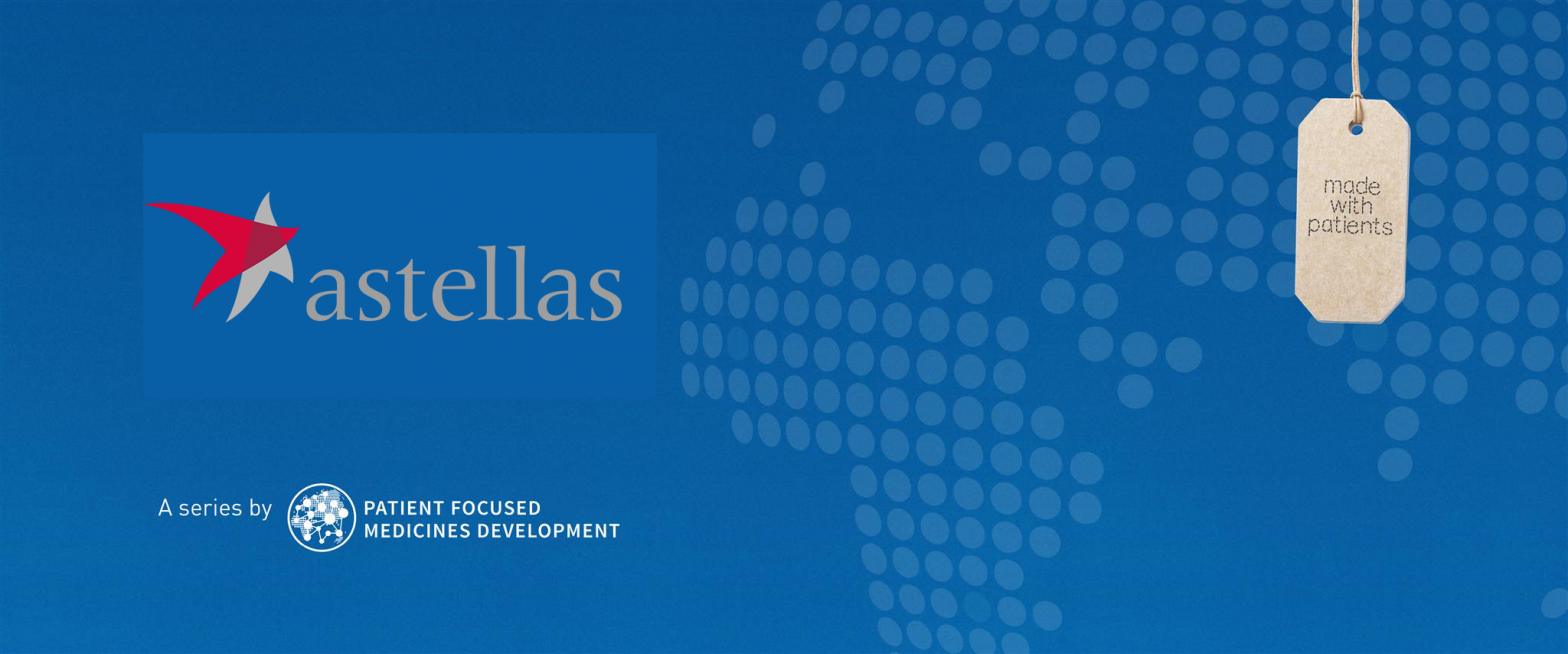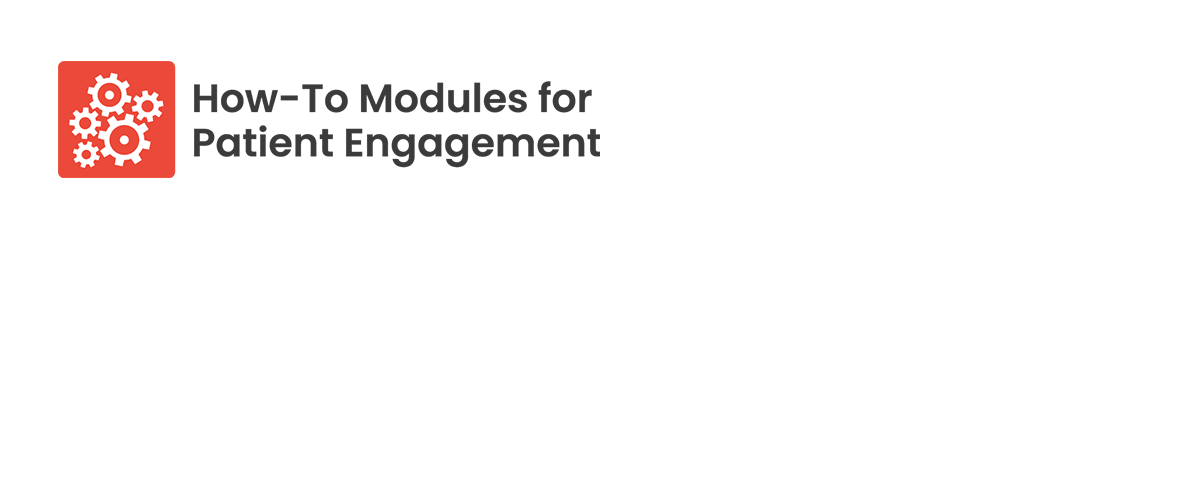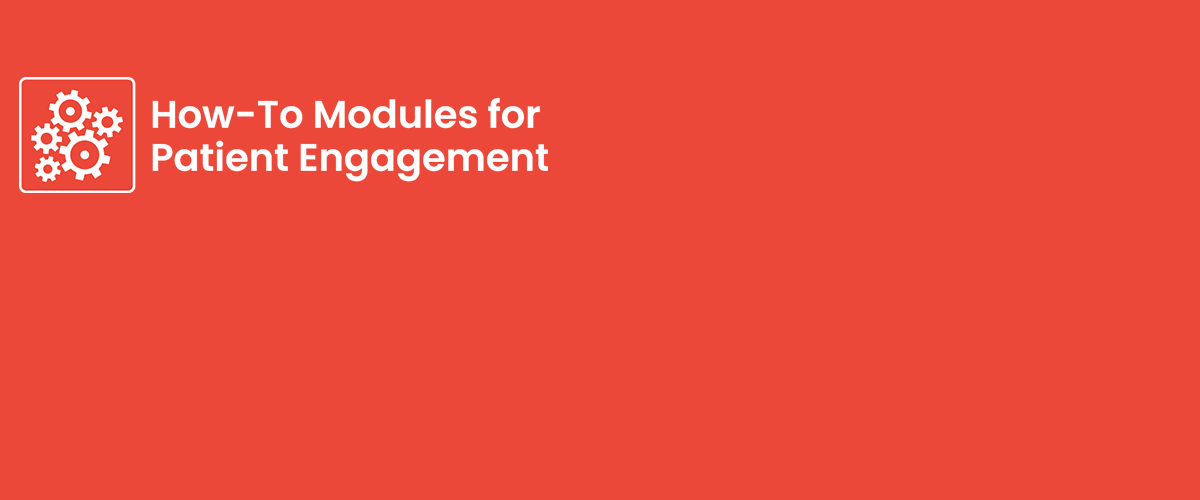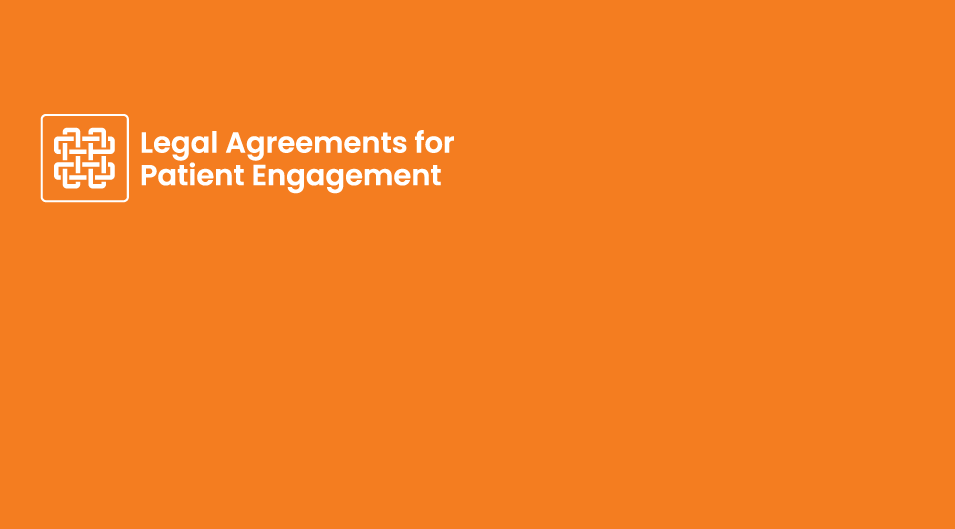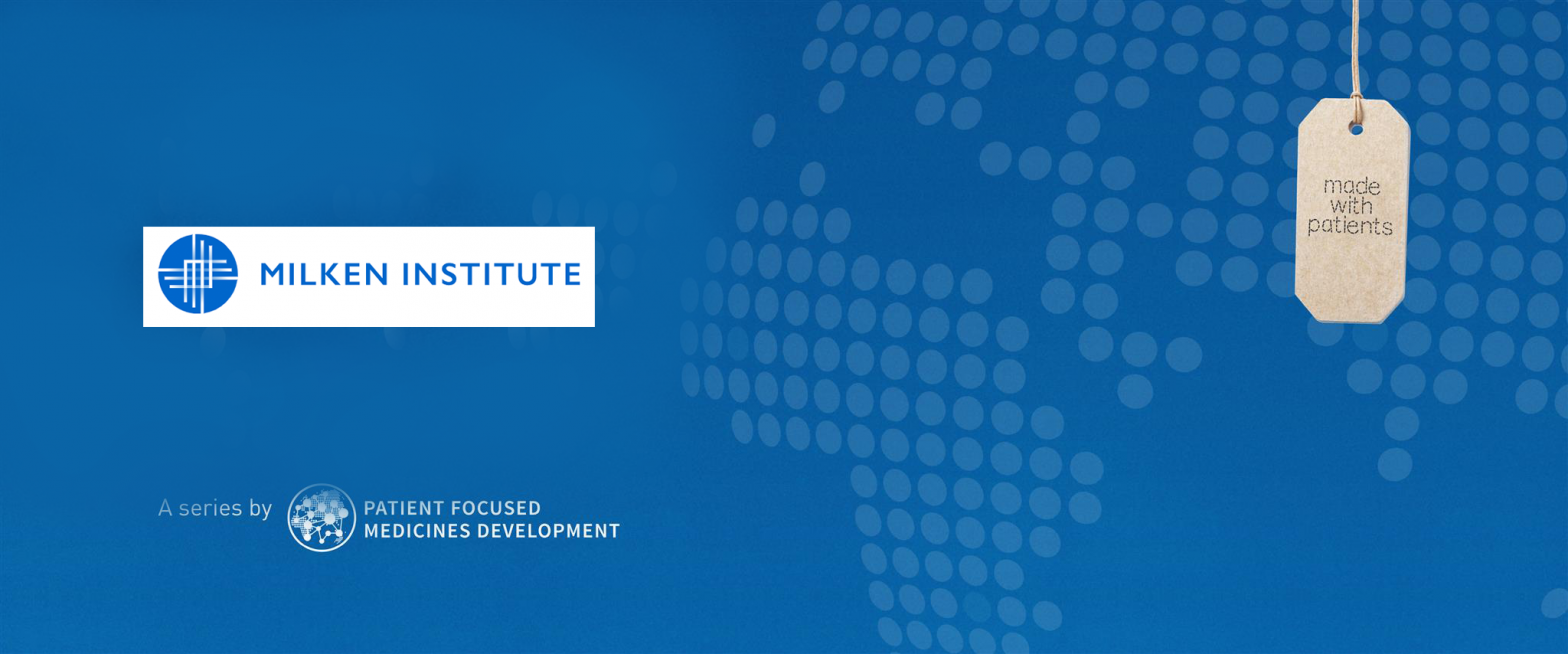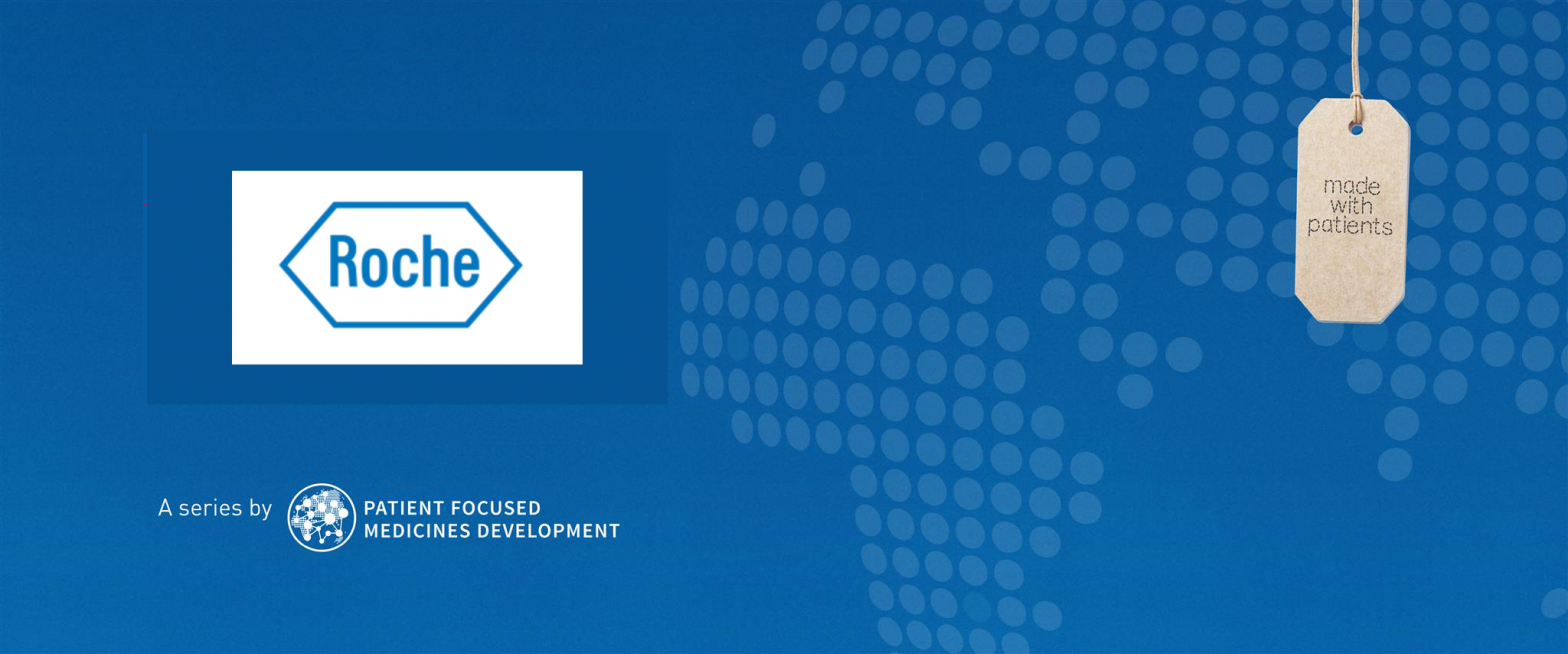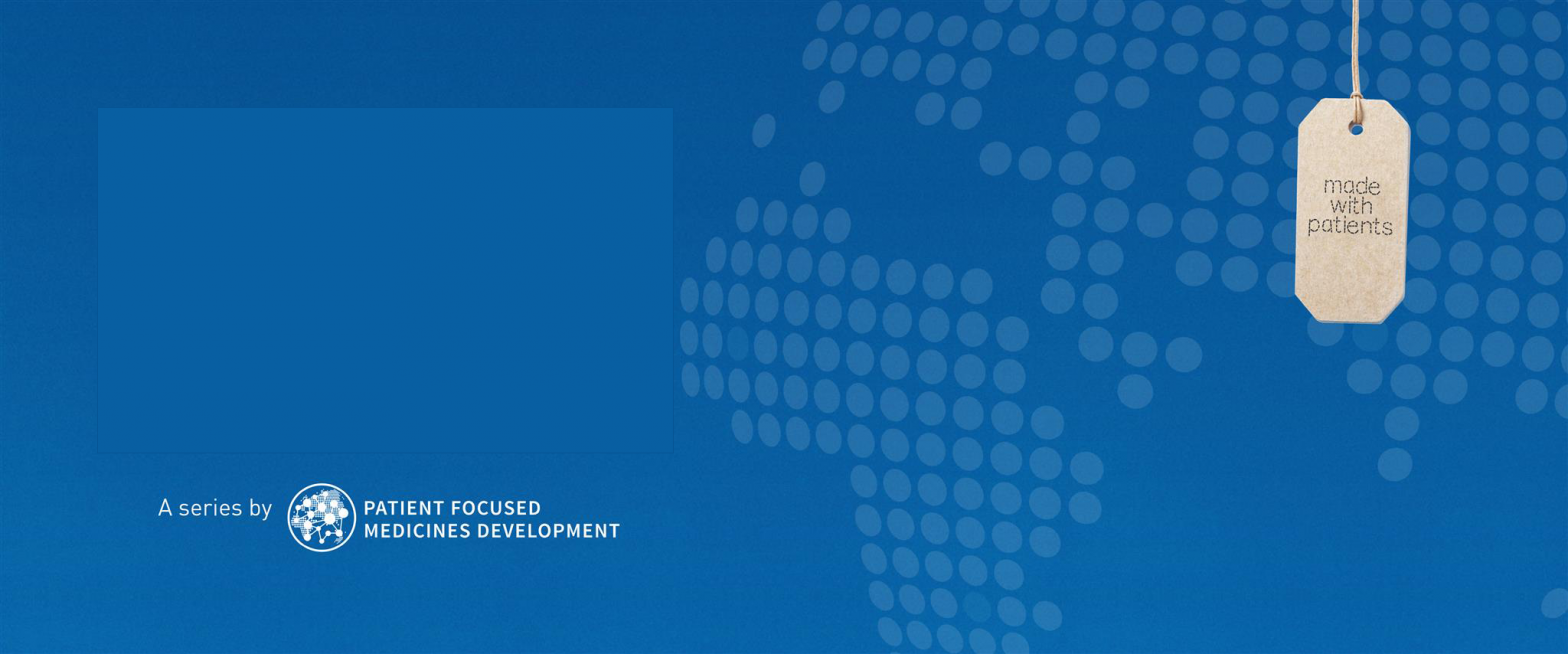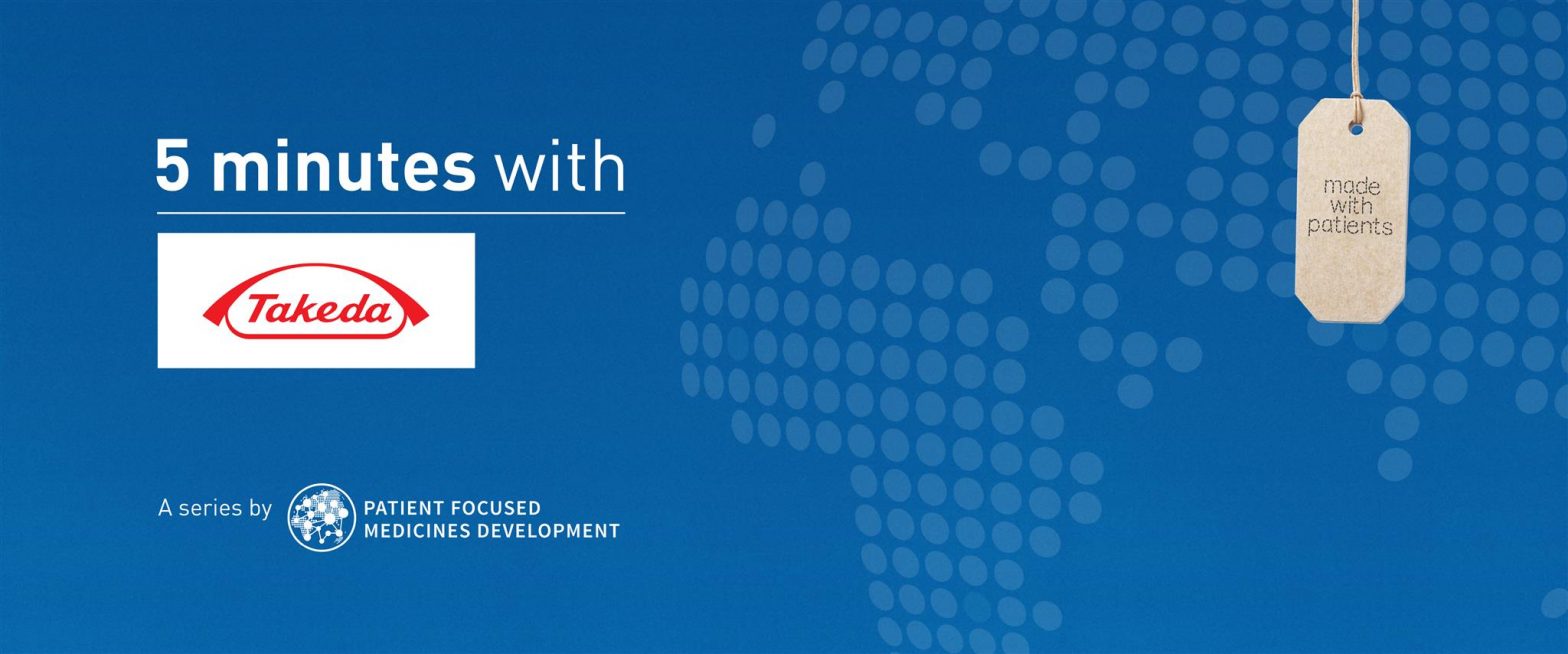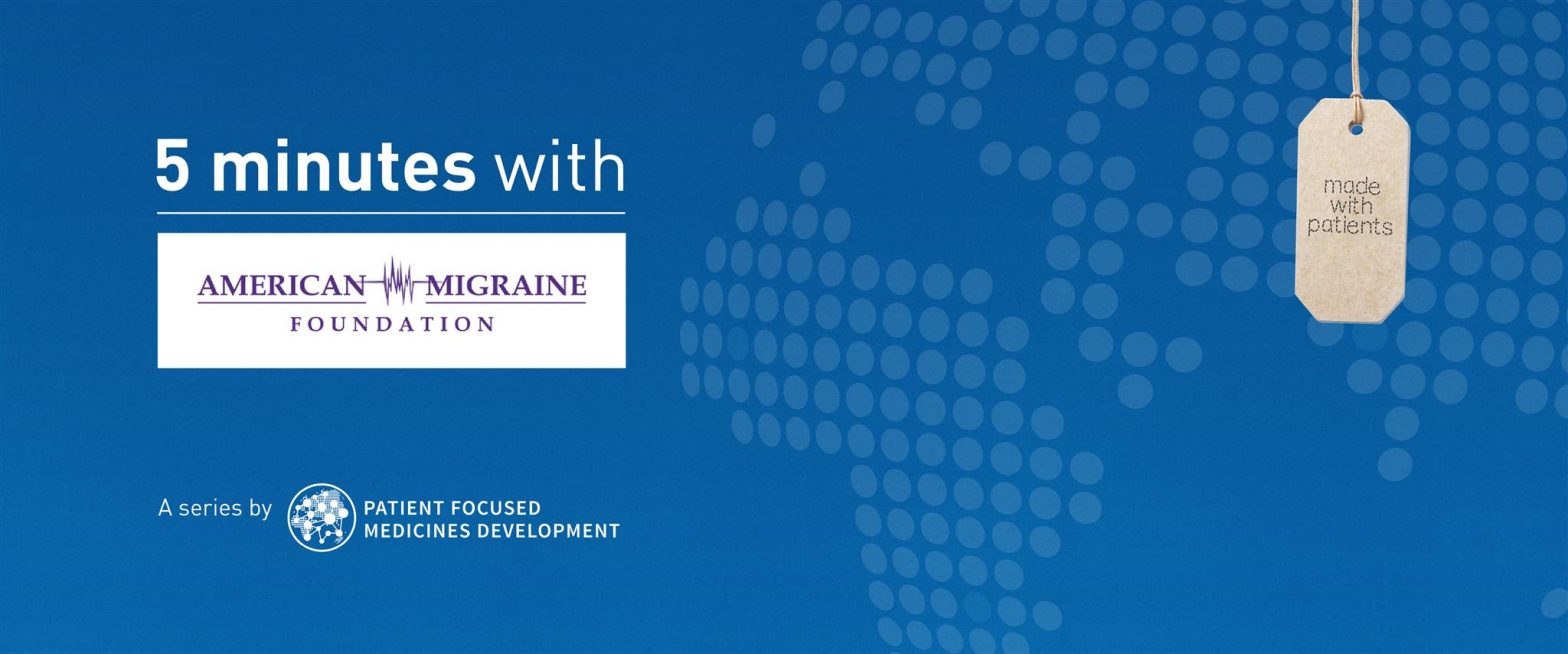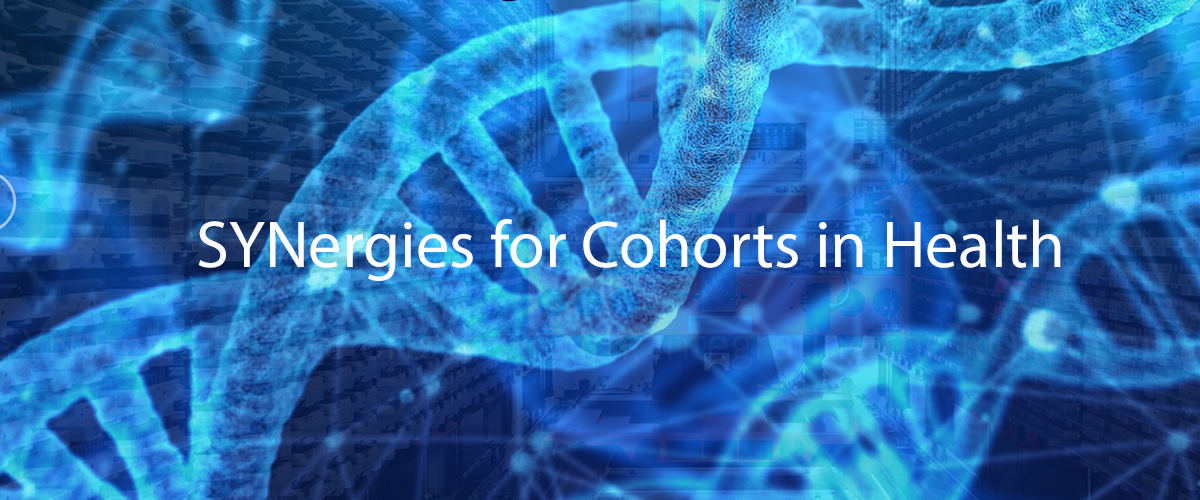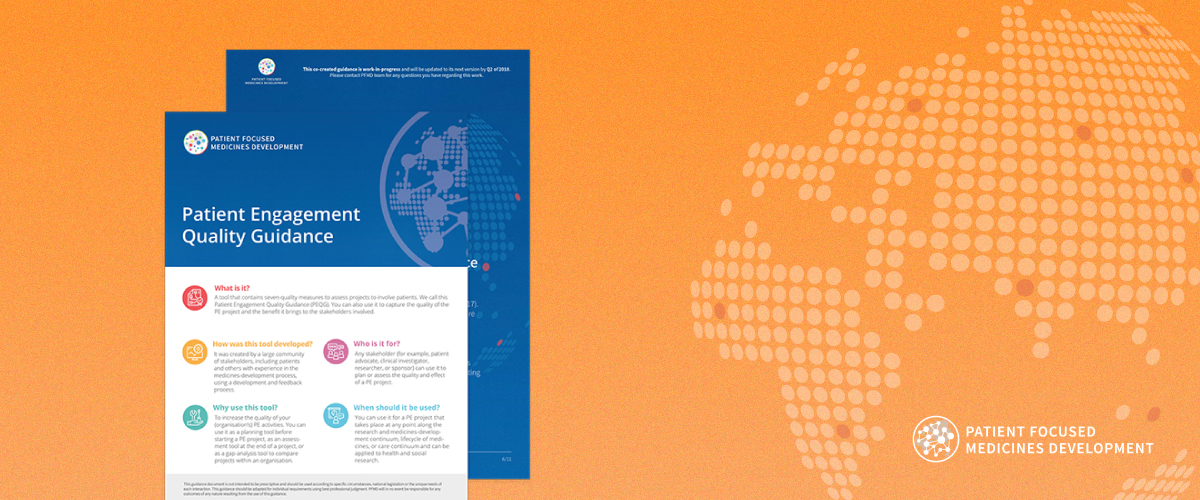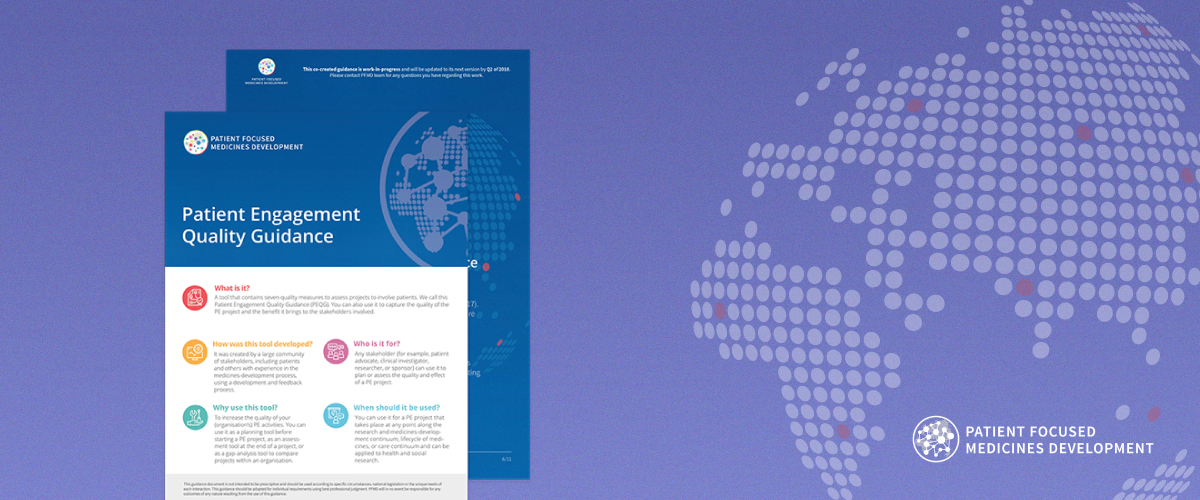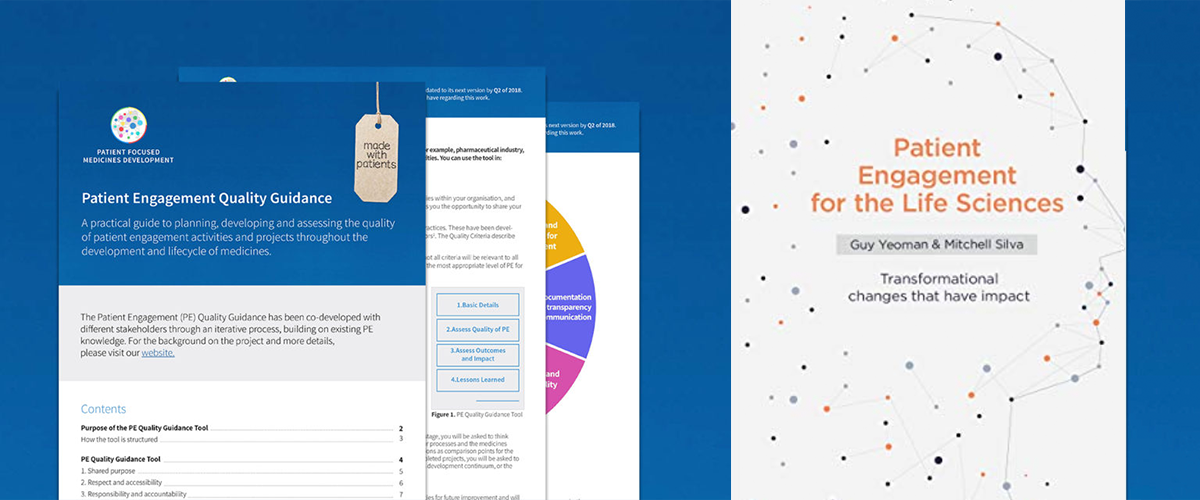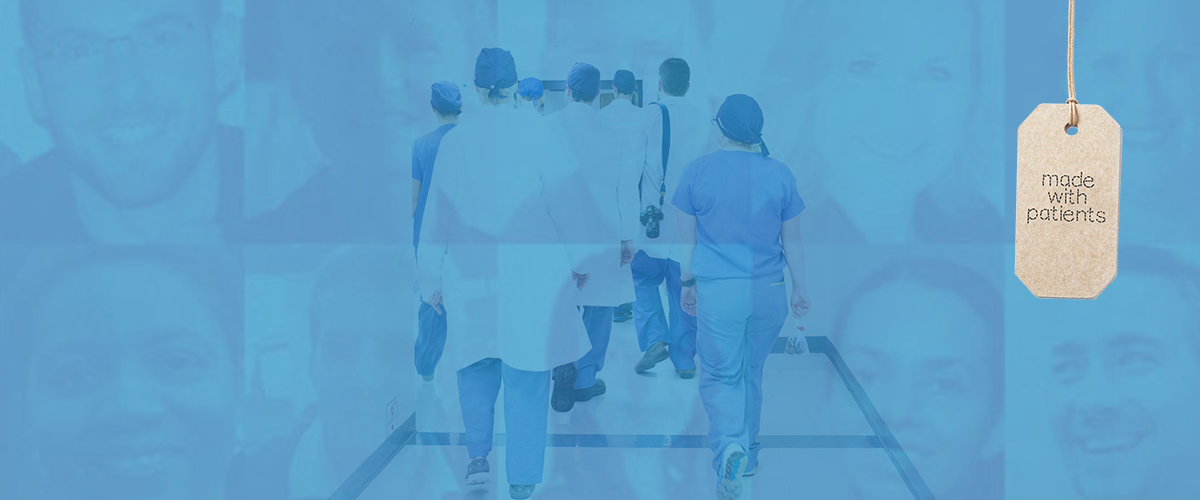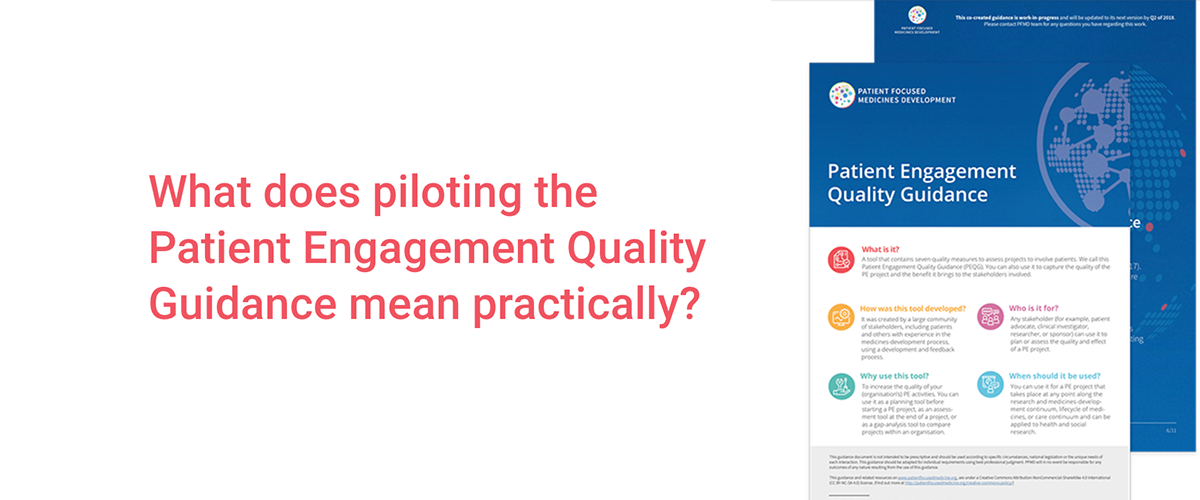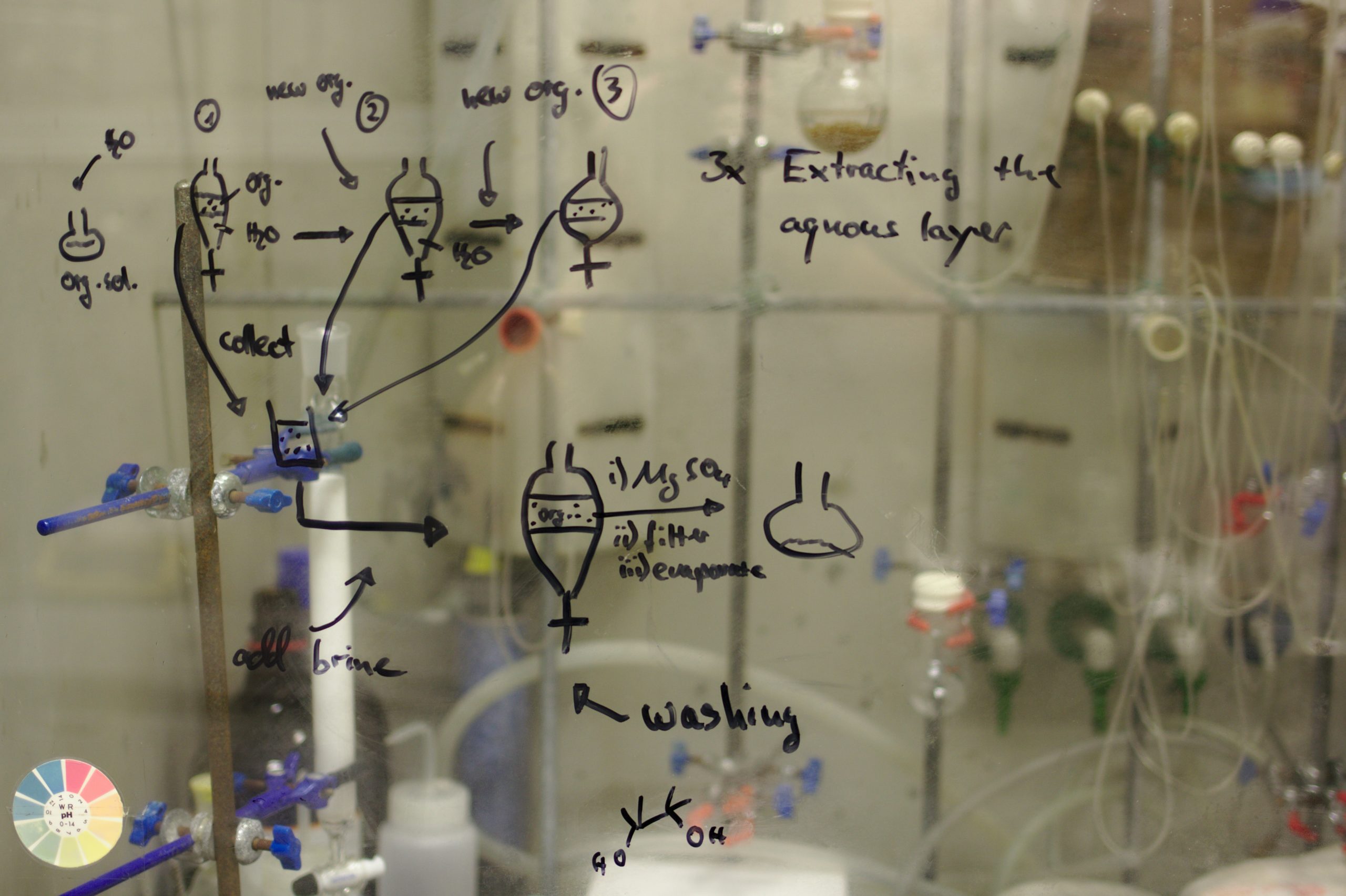Now is your chance to help to share harmonised global principles on remunerating patients for interactions with industry
As patients and industry move towards new standards on how the patient community collaborates with healthcare companies, now is your chance to shape the core principles underpinning the future of patient engagement.
A diverse group of stakeholders has reviewed existing work in the area of patient remuneration and proposed a set of 14 harmonised principles that could be used around the world. A consultation process is open until November 19, 2021. Individuals can provide their views here, while a toolkit has been developed to help organisations to feed into the dialogue.
The issue was among the hot topics discussed at a Patient Engagement Open Forum session on 7 October. Watch the session below
Nicole Wicki, Program Manager at PFMD, said the remuneration of patients remains a tension point that must be addressed if patient engagement is to progress. She said a representative group from the patient community and pharmaceutical industry had reviewed existing tools used by the European pharma industry, and the Patient Compensation Tools developed in the US by the National Health Council, as well as work conducted by WECAN. Together they have co-created a set of principles that address a clear need.
Marc van Grieken, a EUPATI Fellow in Patient Advocacy in Medicine Development, said the process has taken time but will be worthwhile. ‘Patient engagement has come a long way but there are significant differences across the globe in how much patients have a say and there are differing approaches to remuneration,’ he said. ‘The principles will ultimately underpin our work on defining a fair market value for patient engagement with industry, but we can only move forward with input from all sides. I would strongly encourage you to take part in this consultation.’
Sarunas Narbutas, a lawyer and patient advocate at the Lithuanian Cancer Patient Coalition (POLA), said all stakeholders will benefit from clear rules of engagement. ‘Some companies have no template agreement to use when working with patients; others use documentation designed for healthcare professionals,’ he said. ‘To move forward we need to have principles that apply globally. The harmonised principles we have co-created and mutually agreed can fill this gap.’
He added that the consultation process would refine the principles and lay the groundwork for future collaboration. ‘This is not the end of the road: the principles are essential to moving forward on other issues, including a fair market value calculator.’
Kay Warner, Senior Director, Patient Engagement, GSK, agreed that these issues have presented challenges to companies for several years. ‘For example, the lack of external benchmarking for fair market value for patients makes it difficult for the industry to set rates,’ she said. ‘This is complex and will take time. Step one is to co-create and agree on these principles before moving forward and solving this together.’
Laura McKeaveny, an advisor to The Synergist with vast experience in the industry, acknowledged that the issue of patient remuneration is ‘complex and the subject of public scrutiny. This made agreeing on shared principles essential.
‘To ensure we get this right, we are taking our time, moving step by step, with a view to concluding the process at the end of 2022,’ she said. ‘Your voices matter. We want to hear from you so that we have principles and an agreed methodology to drive a conversation around market value.’
The interactive workshop used Slido to survey participants on the potential usefulness of global principles in their day-to-day work. 60% said the principles would be of value while a further 33% said they could be of use but would wait to see the final product.
In terms of what would be needed to ensure the widespread dissemination and use of the principles, the group said ‘time’, ‘practical examples’ and ‘translations’ would be essential.



